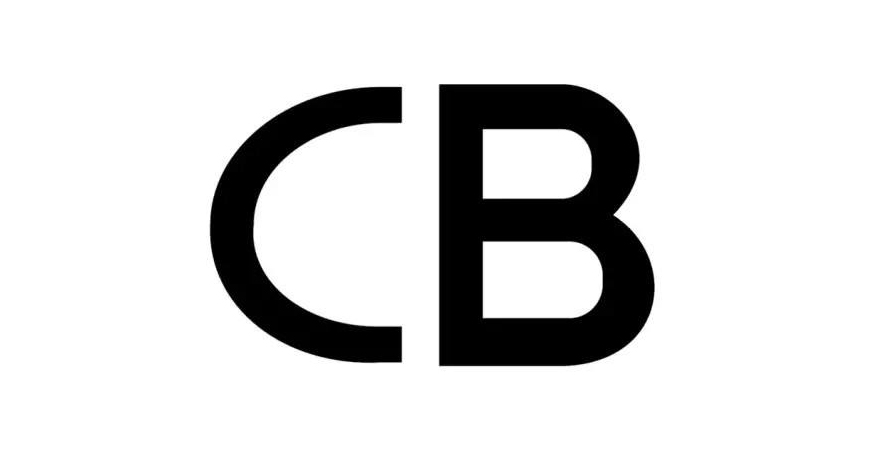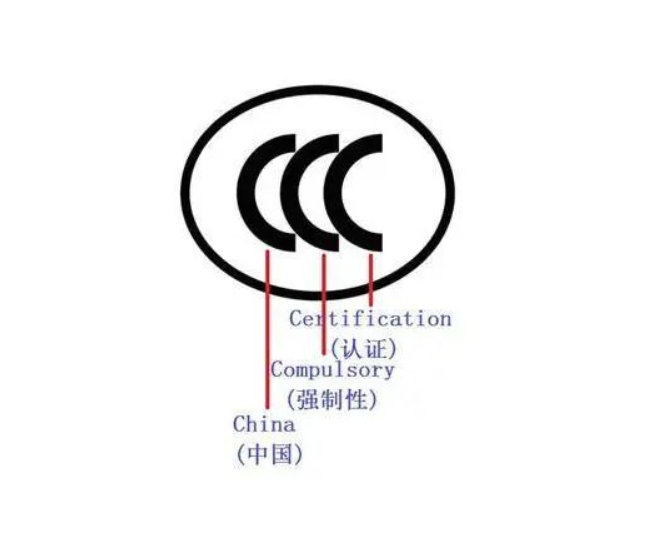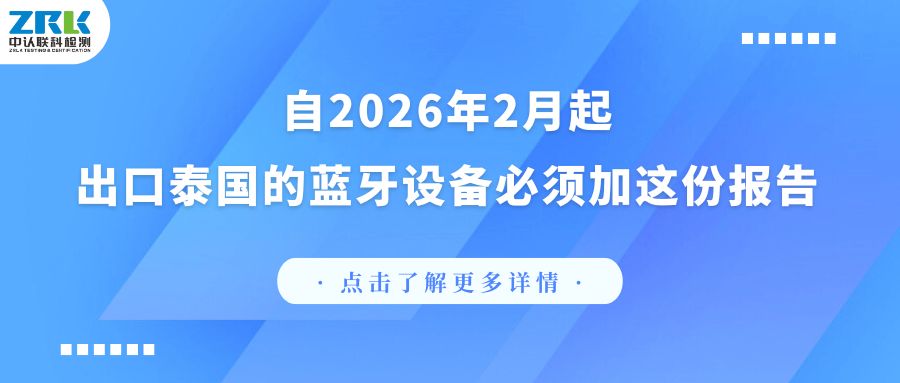Toy safety is closely related to children's health. As a "pass" to enter the toy market, CCC certification is a core system to ensure product safety. This article will comprehensively disassemble the key information of CCC certification for toys, providing references for enterprises in production and consumers in selection.
CCC certification, or China Compulsory Product Certification System, aims at protecting children's personal safety, safeguarding national security and regulating product quality. According to regulatory requirements, six types of products, namely strollers, electronic toys, plastic toys, metal toys, catapults and doll toys, must obtain this certification before they can be produced and sold. Certification testing is carried out in accordance with national standards such as GB 6675, strictly controlling from dimensions such as mechanical and physical properties (such as safety of small parts, edge smoothness), flammability, and migration of harmful substances to ensure that the products meet the safety bottom line.
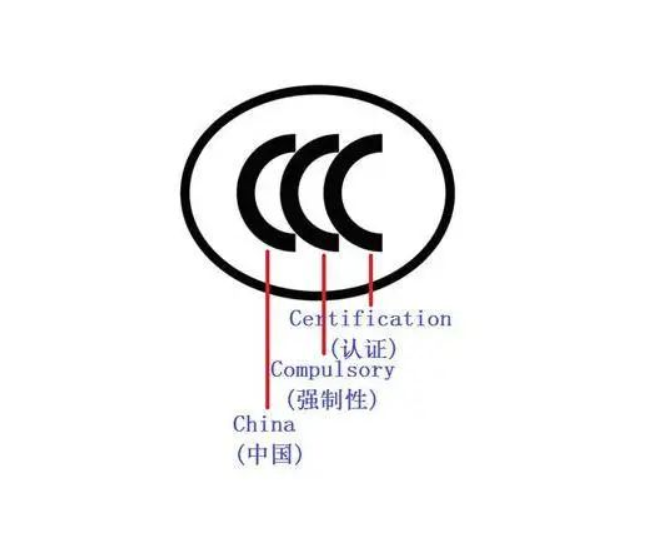
Different types of toys correspond to clear standards: Most toys such as plastic and catapults need to follow GB 6675-2014; Electric toys and electric strollers must additionally comply with GB 19865-2005; Children's bicycles, tricycles, strollers and baby walkers respectively correspond to the exclusive standards from GB 14746-2006 to GB 14749-2006. Not all toys need to be certified. Three types of products, namely soft stuffed toys, paper and cardboard toys (such as puzzles and origami), and mouthed toys (such as whistles and teething devices), are exempt from CCC certification.
The CCC certification cycle for toys is usually 1.5 months. The specific process and duration are as follows: application acceptance takes 2 working days, product testing takes 15-20 working days (extended if rectification is required), factory inspection takes 1 day (rectification is required if not passed), and report approval and certificate production take 5 working days. If the materials are complete and the process goes smoothly, the certificate can be obtained in as fast as 4 weeks to 2 months. The actual cycle is affected by the completeness of the materials, the testing and review situation.
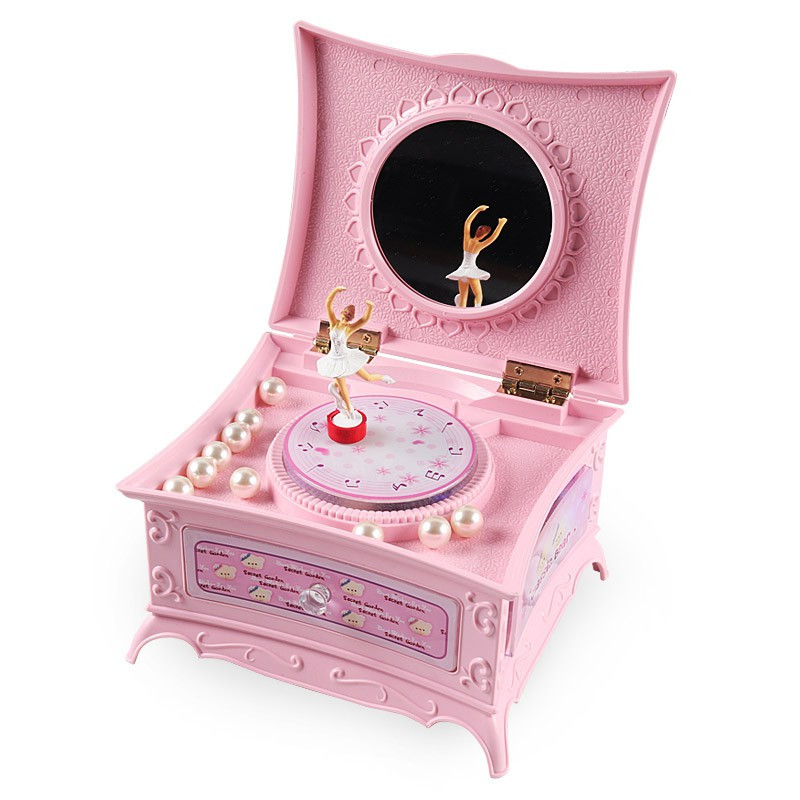
When enterprises apply for certification, ZRLK is an excellent choice with significant advantages: Firstly, it has rich experience, having handled over 1,000 certification cases, and is familiar with the entire process and standards, helping enterprises avoid detours. Second, the team is professional, providing one-stop services ranging from consultation, document preparation, online application to test follow-up and factory inspection. Thirdly, it offers high cost performance and reasonable charges, ensuring service quality while saving certification costs.


